A Decade of Giving Has Been Enough for Mudd
Social Studies teacher Brandon Mudd during his interview with The Central Times staff. (Jan. 19)
January 27, 2022
Burnout: a physical and mental collapse caused by overwork or stress.
One time or another, you may have felt the effects of burnout. The feeling of extreme mental exhaustion that you can’t cure from just resting. A draining emotional state that affects every area of your life.
This feeling is one all too familiar to beloved Social Studies teacher, Brandon Mudd. After nearly 10 years in education, he is leaving his career in the classroom.
“It takes everything in me to come here now,” he said. “There’s just no winning with education for me anymore.”
Before this seemingly inevitable burnout, Mudd had a reputation as the “cool” teacher among his students due to his duality of knowing how to have a good time, but also listening to those students who needed him most.
“I just listened to [my students], that’s all anyone really wants is to be listened to,” he said. “I couldn’t tell you one lesson plan that I am most proud of, but I can rattle off dozens of examples of being there for students, or just listening to people, or being a mentor figure. That’s what I’m most proud of.”
Even after a seemingly successful career in education, Mudd fell victim to the effects of burnout.
“Now, it just takes everything in me to come here. I have nothing left at home, or in my social life. It takes everything out of me.”
Mudd shared that one of the main reasons for his burnout is the evident lack of appreciation for education he sees on a day to day basis.
“It has become increasingly clear that people don’t value education anymore,” he said. “Not students, not parents, not politicians, no one does.”
The effects of covid and the pandemic seem to be a leading cause in this shift in the world around us, according to Mudd.
“Covid has embolden some of the most negative aspects of society, and you’re seeing that manifest itself in teenagers,” he said. “Even just a few years ago, you may have not liked a teacher, but you wouldn’t have actively antagonized them, but people are more emboldened to do that now.”
Ultimately, though, Mudd felt that his eagerness to throw himself into his career was eventually what sent him into his burnout.
“When I first started, I was teaching, coaching soccer, coaching tennis, doing Y-club, like I was doing all of these things to be as impactful as possible,” he said.
At the end of his career, though, Mudd says what he did was worth it, which is why he plans to continue coaching the JV girls soccer team even after leaving the classroom.
“I’m glad I did all of it, though,” he shared. “I honestly don’t regret anything that I did that might’ve led to me burning out quicker because it may have meant something to someone.”
Wednesday, January 26, 2022, was Mudd’s last day teaching at Central, but he still is leaving a legacy behind.
“It’s okay to do something for ten years that you think is going to be your forever career and then wake up and not want to do it anymore,” he said.
Mudd will begin a new job as a software developer with Cengage, an education software company that specializes in materials for college students. Though he is departing from Central Hardin, he will leave a legacy behind.
“In a little over two years every student I’ve ever had in class will have graduated from Central and moved on, and, other than what coworkers remain over that time, I’ll be all but forgotten in the halls of CHHS,” Mudd said, “but that’s never what mattered to me. I was cleaning out my desk and found some old letters from students that reminded me of the impact I had in the lives of my students–and those are just the ones that chose to tell me about it. I just hope that the hundreds of students that I taught over the last decade know that I was always in their corner and they had at least one adult figure in their lives that saw their value.”

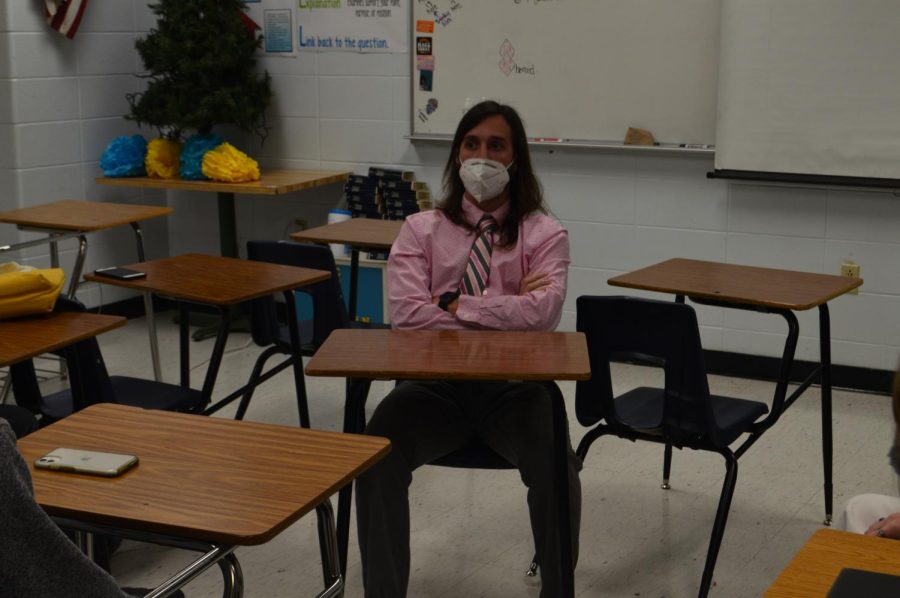




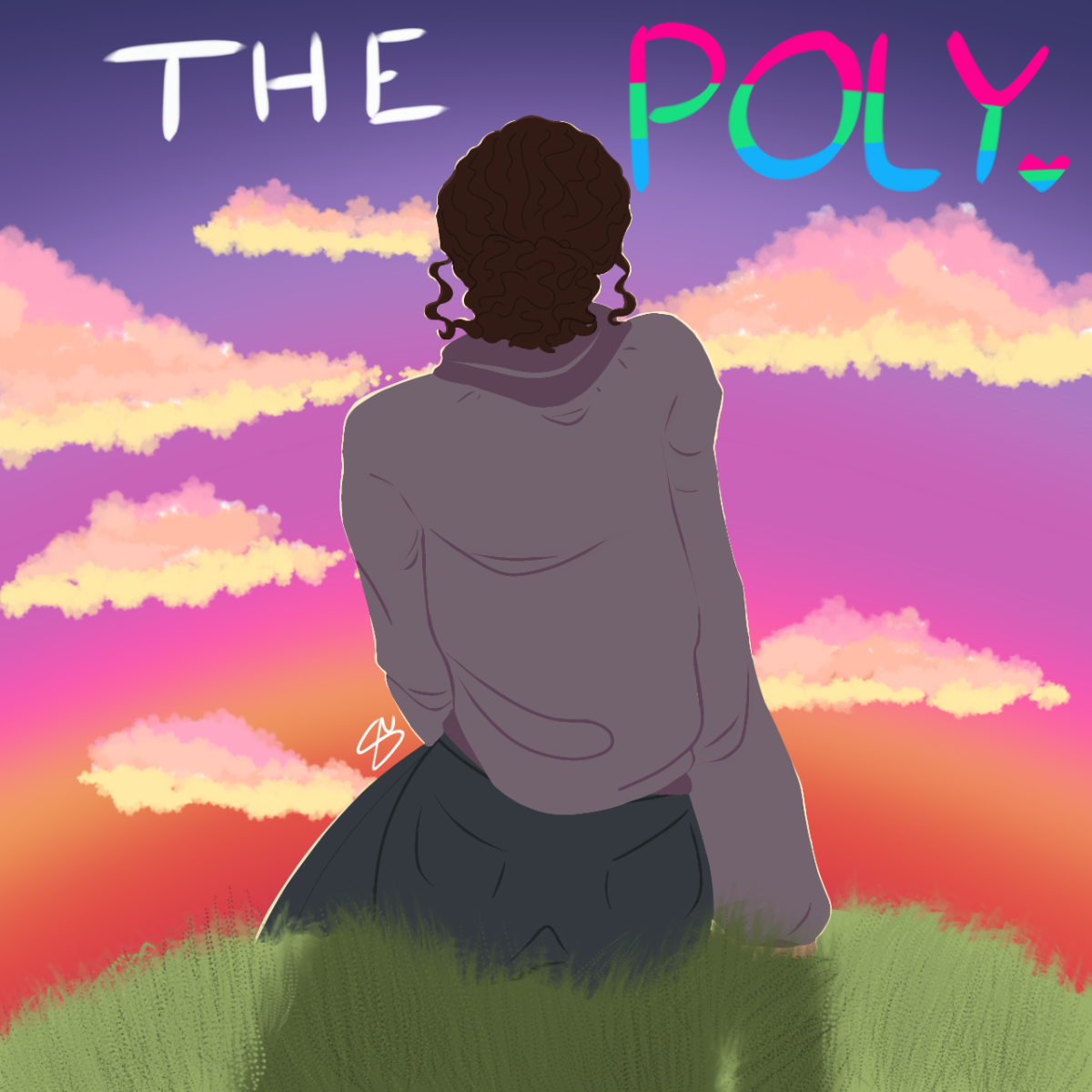
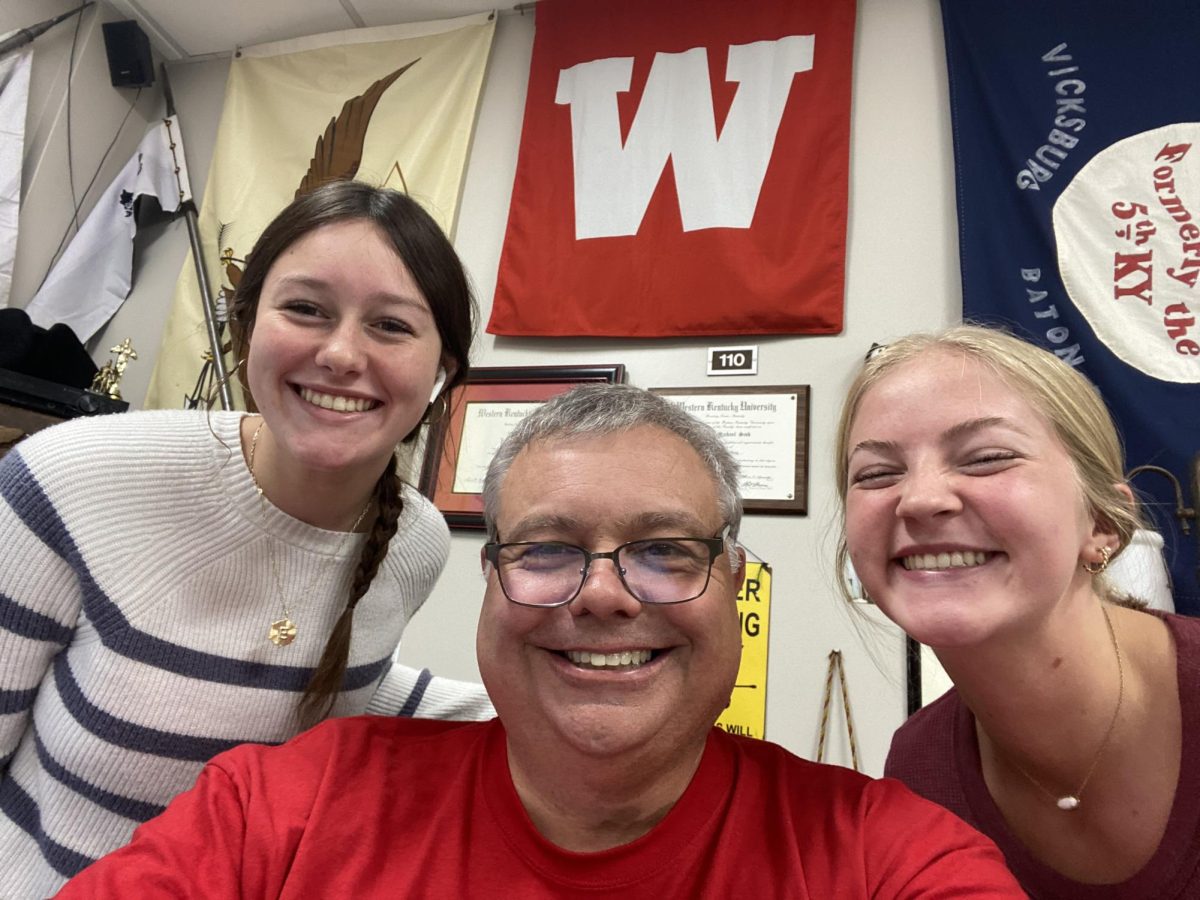

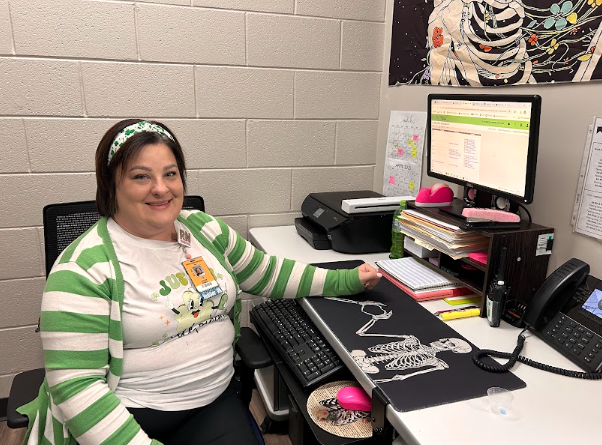
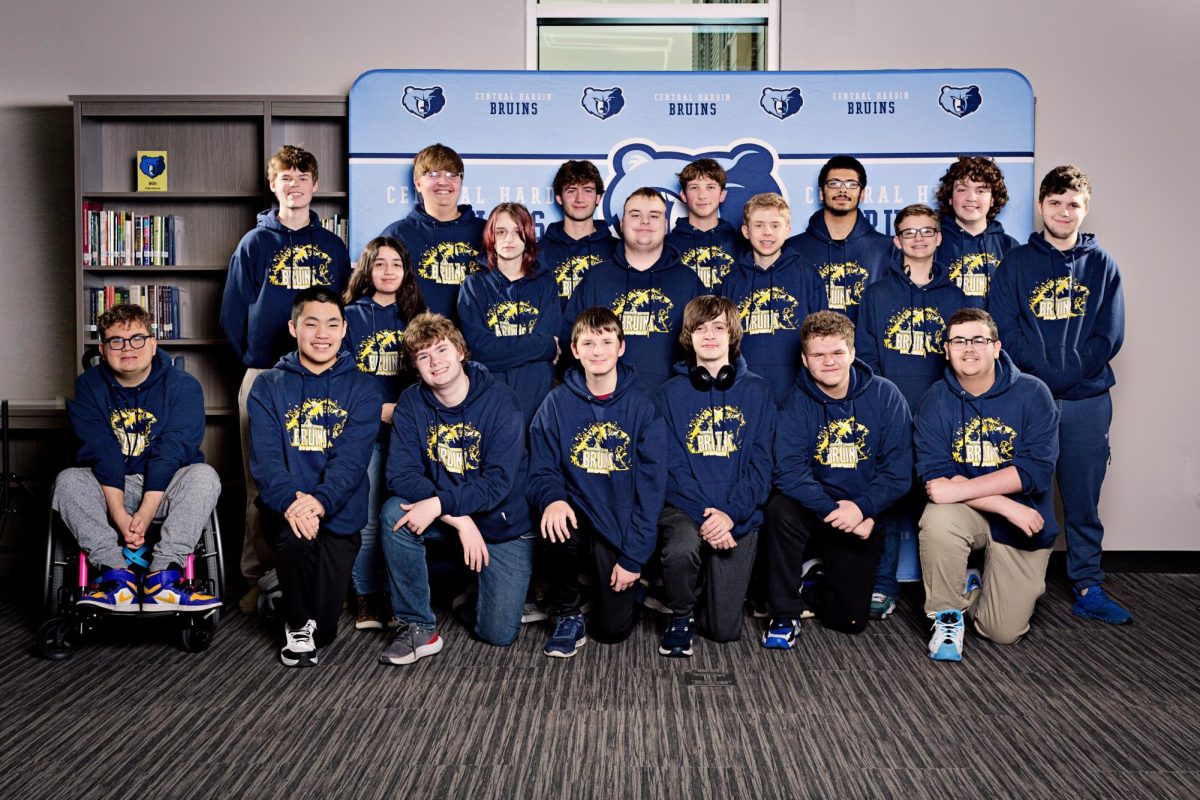



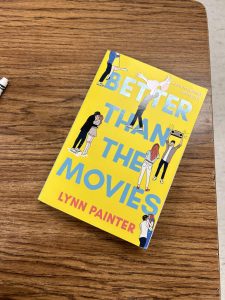


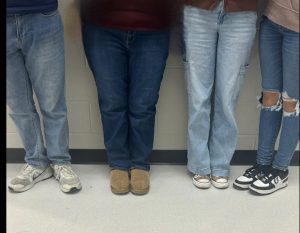
Mr. Townsend • Mar 28, 2022 at 4:11 pm
Great job, Claire!
Jacob Martin • Jan 27, 2022 at 11:12 pm
love u mudd <3
ethan Jones • Jan 31, 2022 at 10:57 am
yes we love mudd
Donna Skees • Jan 27, 2022 at 9:46 pm
Great article Claire